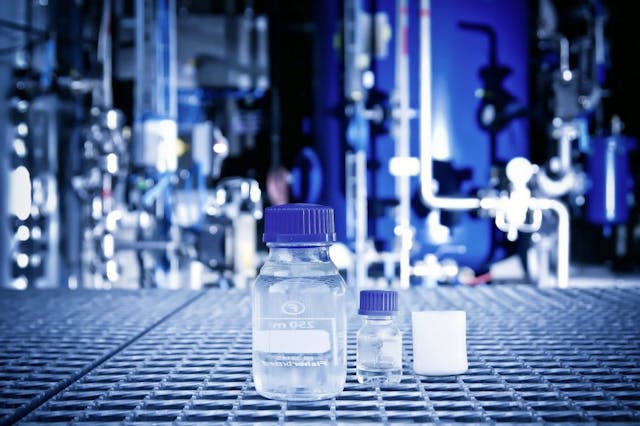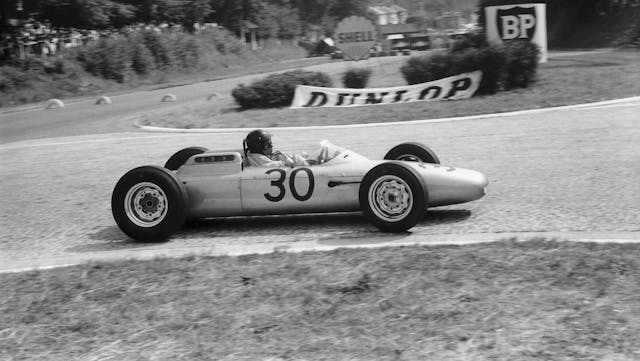Porsche says return to F1 “of great interest” if synthetic fuels are used
Porsche recently outlined plans to produce synthetic fuels to ensure its combustion-powered sports cars can continue to be enjoyed for generations to come. That interest could see the German car maker return to Formula 1 racing—if the sport’s next engine regulation change goes as planned.
Fritz Enzinger, Porsche Motorsport vice president, tells BBC Sport an F1 return “would be of great interest” if the implementation of e-fuels were to play a role in the sport’s next engine generation. If Porsche were to return as a manufacturer, it would mark the company’s first return since its short-lived campaign in 1962, which saw American driver Dan Gurney secure one victory at the French GP at Rouen.
Formula 1 announced in 2019 that it would introduce the use of e-fuels—also known as synthetic fuels, and under the wider banner of biofuels—as it targets a net-zero carbon footprint by 2030. Currently, F1 plans to move to e-fuels in 2025. Part of the issue so far has been sustainability—F1 chief technical officer Pat Symonds noted in 2019 that the first generation of biofuels relied largely on food stock, which raised ethical issues around the supply chain, but second-generation fuels based on waste products and third-gen synthetic fuels sidestep these issues.
Porsche’s own synthetic fuel, while at an early stage, is created by combining hydrogen with carbon captured from the air to create methanol, which is then transformed into a gasoline substitute.

That isn’t without its own energy demands, and is currently very expensive (around £7.60 per liter, or $20.60 per gallon), but it’s renewable. Porsche says it could significantly reduce the carbon footprint of cars already on the road, an important step to cutting emissions. That includes classics, and while methanol-based fuel may require small changes to ensure older cars remain compatible (similar to the introduction of E10 fuel at the pumps), it’s a way of keeping Porsches and other classics on the road for longer without having to perform a costly EV powertrain swap.
The fuel’s sustainability also applies to F1, and Porsche’s existing interest in e-fuels makes F1’s move potentially quite appealing. The BBC reports that senior F1 figures say Porsche has been involved in the discussion around the new engine rules. Enzinger tells the BBC: “Porsche and Volkswagen AG are observing the constantly changing regulations in all relevant racing series around the world. This is also the case with regard to the emerging new engine and drivetrain regulation for Formula 1 from 2025.”
It’s not yet clear whether Porsche would enter F1 as its own entity or as an engine partner for another team, but early speculation seems to put Red Bull, McLaren, and Williams in the running, with existing engine partner Honda leaving the sport. Porsche was engine partner to McLaren from 1983.
F1’s engines will remain hybrids for the foreseeable future, but its move to e-fuels will be an important step as the transportation industry seeks to lower its environmental impact but struggles with the widespread viability of electric cars.


